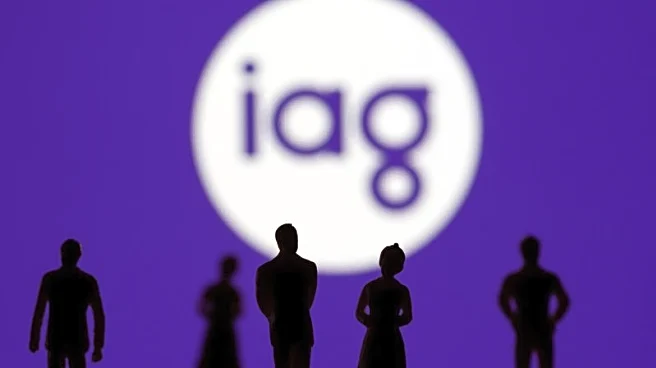What's Happening?
Los Angeles Angels manager Ron Washington has publicly addressed his health issues for the first time since June, revealing that he is recovering from quadruple bypass heart surgery. Washington, who is 73 years old, underwent the procedure after experiencing shortness of breath and fatigue. An angiogram showed blockage in his valves that could not be fixed with stents, leading to his hospitalization on June 23 and surgery on June 30. Washington was discharged on July 7 and has been recovering at his home in New Orleans. He visited the Angels on Monday, marking his first appearance with the team since the surgery. Washington expressed optimism about his recovery, stating he expects to be fully recovered by December and hopes to return to managing the Angels in 2026.
Why It's Important?
Ron Washington's recovery and potential return to managing the Angels is significant for the team and Major League Baseball. As the oldest manager in the majors, his experience and leadership are valuable assets to the Angels. His health issues highlight the importance of medical care and lifestyle changes, as Washington has quit smoking, altered his diet, and prioritized better sleep. His return could boost team morale and provide stability in the managerial role. Additionally, Washington's situation underscores the challenges faced by older professionals in high-pressure roles, emphasizing the need for health awareness and support systems within sports organizations.
What's Next?
Washington plans to continue his recovery and aims to be fully healthy by December. His potential return in 2026 will depend on his health progress and the Angels' management decisions. The team may need to consider interim solutions for the managerial position until Washington is ready to resume his duties. Stakeholders, including players and fans, will likely monitor his recovery closely, hoping for his successful return. The Angels may also evaluate their support systems for staff health and wellness, potentially implementing measures to prevent similar health issues in the future.
Beyond the Headlines
Washington's health journey may inspire discussions on the importance of health management in professional sports. His proactive approach to recovery, including lifestyle changes, could serve as a model for other sports professionals facing health challenges. The situation also raises ethical considerations regarding the pressures placed on older managers and the need for organizations to prioritize employee well-being. Long-term, Washington's experience might influence policies on health screenings and support for aging professionals in sports.












